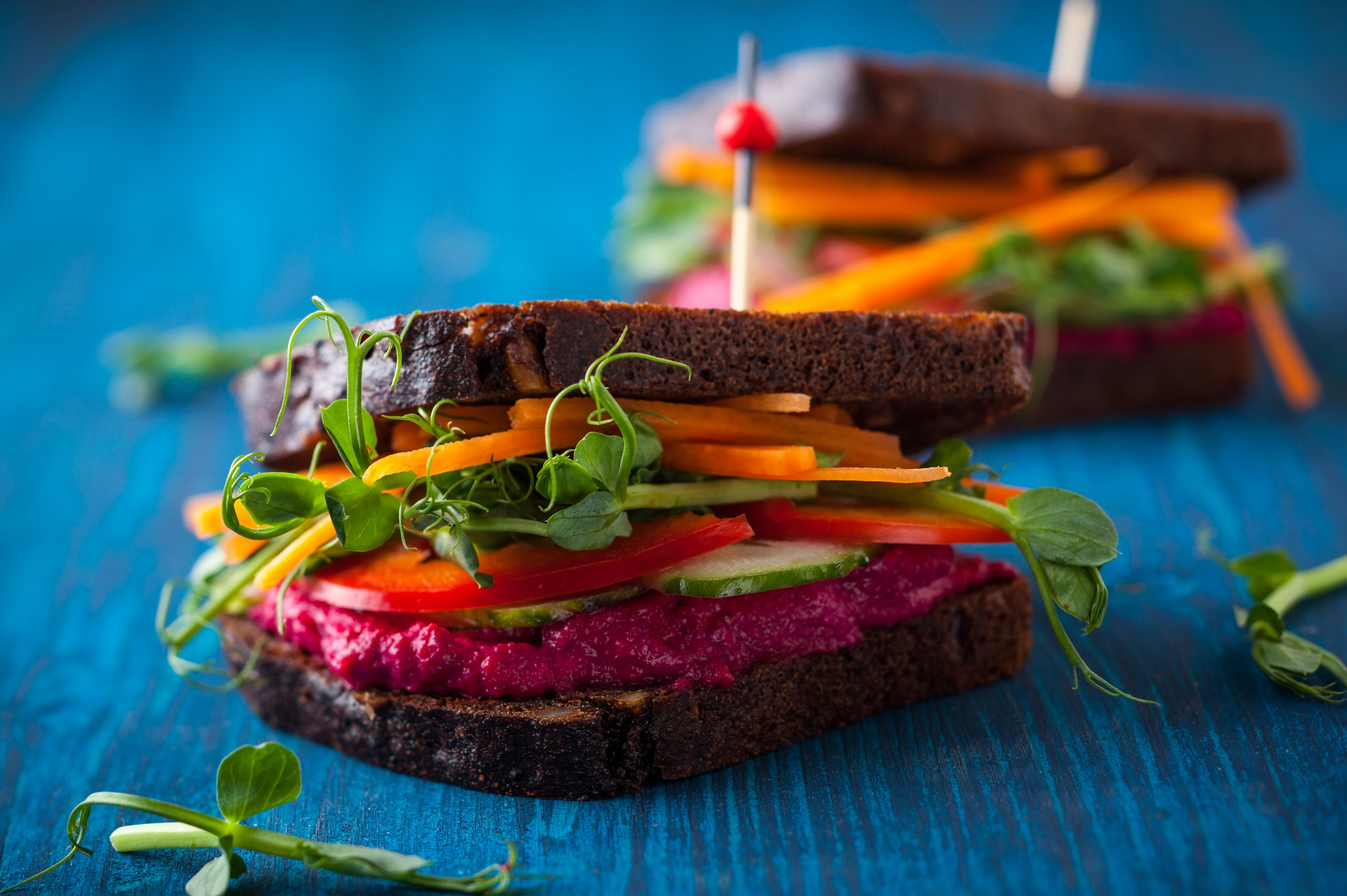DISCLOSURE: My role as an experienced and educated coach is to be able to provide the best format of eating a healthy diet for you based upon your individual lifestyle factors, level of knowledge on fitness, accessibility to nutrition, finances, religious beliefs and ethical considerations. I’m not here to promote one type of “healthy” eating, or to convert you to veganism or deter you from it. These are my opinions, supported by science and academic reviews.

Welcome to the final part of my veganism and fitness blog series! In the last part of this blog series I’ll talk about the various vegan documentaries floating about, what they mean and my opinions on them.
If you missed part one, we discussed what veganism is and its environmental factors. Catch up and check it out here. Part two honed in on vegan vs plant diets and how they affect weight loss, which you can also catch up on here.
Vegan documentaries and the vegan lifestyle
Vegan documentaries such as The Game Changers, Cowspiracy, What the Health and Seaspiracy have gripped the nation. Whether they’ve entrenched those in their own views of veganism further, or perhaps converted a few people to reduce their animal consumption, whatever it is, I think it’s great for animal welfare and the environment. However, the problem I find with these documentaries is one of two things.
The first problem, I think these documentaries play on our emotional heart strings rather than giving effective means of change. I understand for the matter of the environment things need to change drastically. But, I feel like we as a collective world would achieve more by the masses reducing their meat and animal intake, rather than a smaller worldwide population going completely vegan.
The second problem I have with some of these documentaries, is the manipulated data to coarse those into making a very large lifestyle change without the education to couple with it. It’s all well and good tugging on the heart strings of those who want to reduce their meat and animal product consumption, but give more education about where to find better sources of these foods, and why some of these foods are better than others.
Ultimately, these documentaries need to provide both sides of the story and let those make an informed decision based upon facts.
Concluding this blog series
To summarise my veganism and fitness mini blog series, I know I’ve only highlighted a few of these issues and these topics can be much more heavily discussed in more content, or by those who have a much a more detailed understanding of the ethical and environmental considerations coupled with this.
There is still a place for meat, fish, eggs, dairy and other animal products in multiple populations around the world. All these foods have large amounts of beneficial macro and micronutrients which are sometimes way more convenient. Leaner sources of protein are also harder to come by in a vegan diet compared to a plant-based vegan diet. But, this is something that is changing as time goes on.
In my final words, I’d say that unless you have to cut meat and animal products out of your diet, don’t. Look to reduce consumption of these products instead and aim to educate yourself around the efficacy of different food sources.
If you have any questions about my veganism and fitness blog stories, or you’d like to find out more information regarding plant-based alternative diets and sourcing plant-based proteins, please contact me and fire all of your questions over. As a trained professional, I’ll help you and guide you to the best of my knowledge and your interest.
Peace and love, Cam
